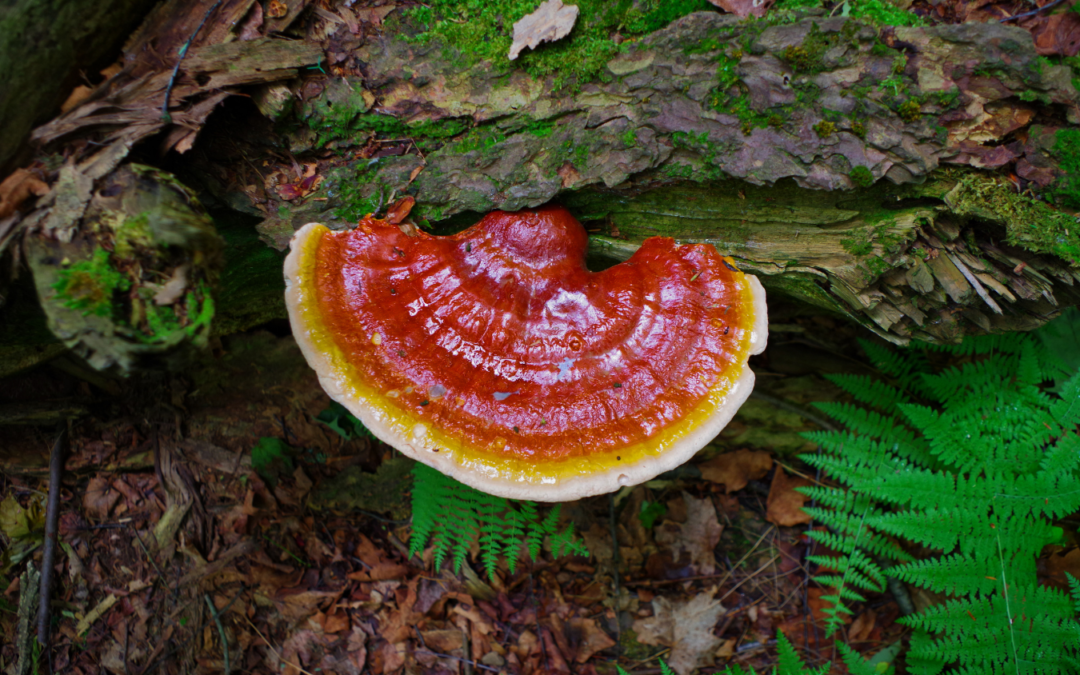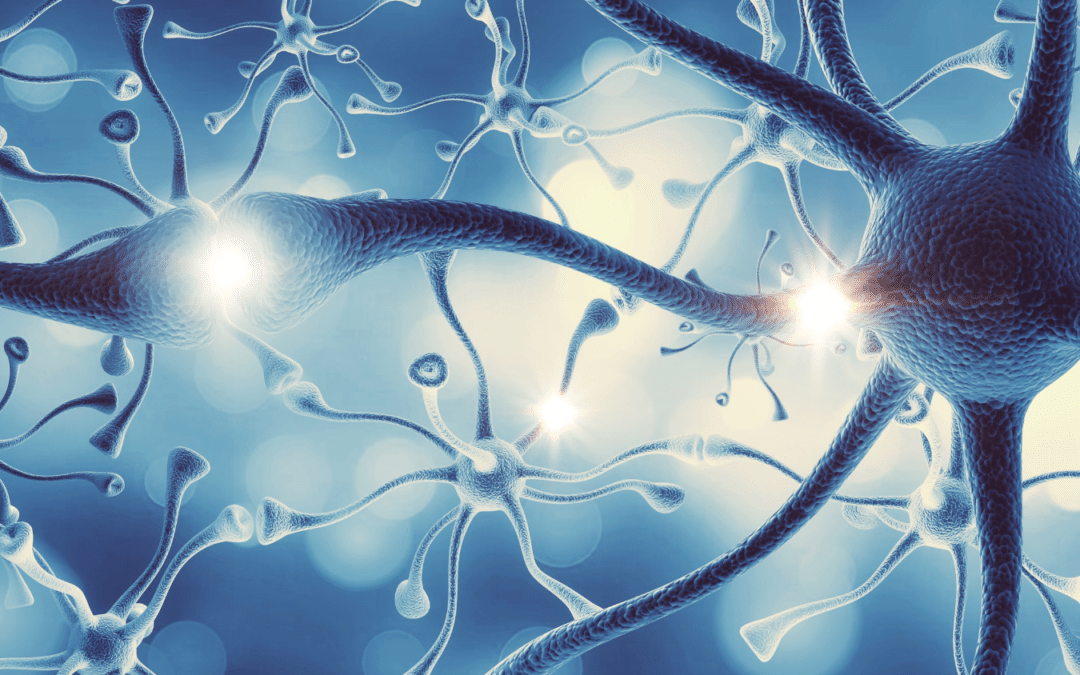Caffeine is a naturally occurring stimulant found in a variety of foods and beverages, particularly coffee, tea, chocolate and some soft drinks. It belongs to the group of psychoactive substances known as xanthines and acts on the central nervous system, increasing alertness and reducing fatigue. Caffeine also affects the cardiovascular system by increasing heart rate and stimulating blood circulation.
Many people use caffeine as a temporary energy boost and it has been linked to improved mental clarity and cognitive performance. Moderate intake of caffeine is generally considered safe for most people, but excessive consumption can lead to side effects such as sleep problems, anxiety and heart palpitations. It is important to be aware of one's individual tolerance and regulate caffeine intake to achieve the desired benefits without unwanted effects.










